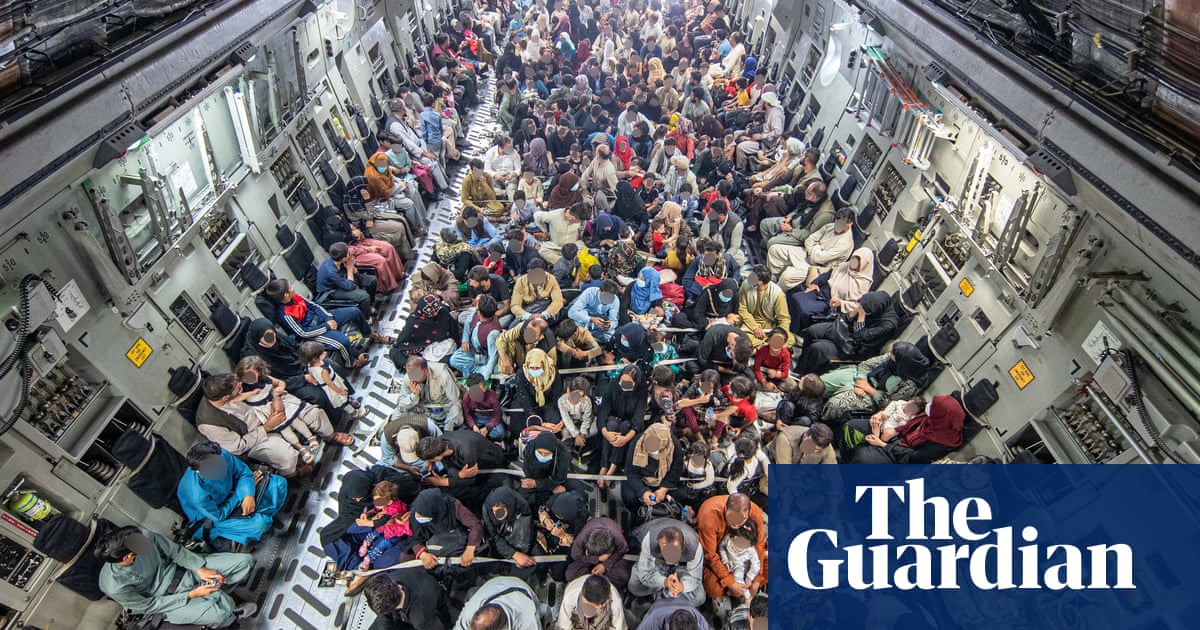
Global pledges as anger grows over Kabul’s response to virus
KABUL: Afghanistan has been offered $540 million in grants and interest-free loans by international finance institutions to help the war-ravaged country’s fight against the coronavirus pandemic.
The global pledges come amid growing public anger at the government’s handling of the outbreak and claims of widespread misappropriation of health funds.
Ministry of Finance spokesman Shamrooz Khan Masjidi told Arab News on Thursday that the EU has offered $119 million, the World Bank $100 million and the Asian Development Bank $40 million, while the International Monetary Fund (IMF) approved an interest-free loan of $220 million to bolster Afghanistan’s pandemic response.
“This is a good step. The money will help the fight against the coronavirus and strengthen the country’s economic stability,” he said.
Masjidi said that the government will focus on addressing the health emergency and supporting people whose livelihoods have been affected by the pandemic.
According to the IMF, Afghanistan faces mounting problems as a result of the COVID-19 outbreak, with the country’s economy expected to contract sharply this year, “threatening the livelihood of a significant segment of the population.”
The promised international assistance is about 250 times greater than Afghanistan’s annual health care budget of $2.1 million.
HIGHLIGHT
The government will focus on addressing the health emergency and supporting people whose livelihoods have been affected by the pandemic.
After six weeks in lockdown, residents in Kabul and Jalalabad have started to ignore coronavirus restrictions and criticize the government’s response, saying that the virus “might not kill them, but hunger will.”
Thousands protested in Jalalabad on Thursday, accusing officials of corruption and failing to help those affected by the pandemic.
In Kabul, during a press conference with national medical representatives, members of the Senate sent a complaint to the Attorney General’s Office criticizing Health Minister Ferozuddin Feroz and presidential adviser Waheed Omar, director general of the Office of Public and Strategic Affairs.
The two officials were accused of “serious shortcomings” in handling the coronavirus outbreak, mismanagement of food deliveries to people affected by lockdowns, and corruption in buying medical equipment.
Neither was available for comment.
Torek Farhadi, a former Afghan government and IMF adviser, said that corruption is a growing concern in aid expenditure.
“Afghanistan ranks 173 out of 180 countries on Transparency International’s corruption perception index, which means it is perceived as one of the most corrupt in the world,” he told Arab News.












